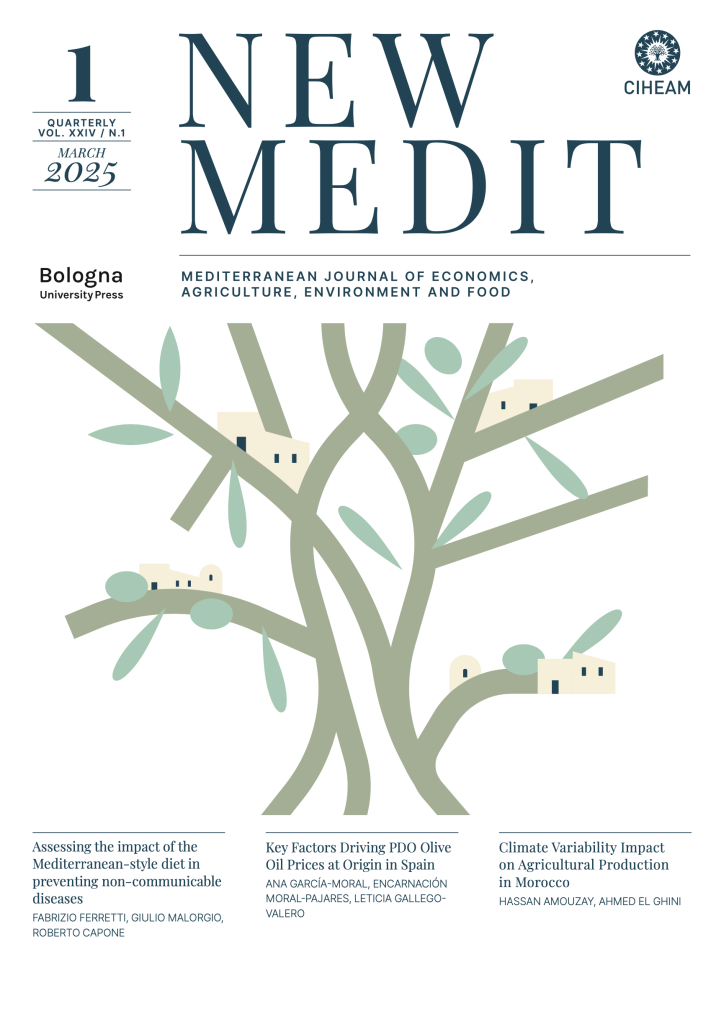In this study, uses of labor were characterized using the ‘Work Balance’ method in a sample of 17 oasis farms. The results showed that almost 44% of total uses of labor are devoted to livestock, while the remainders 56% are used for crops. The labor required to raise livestock was almost entirely (92%) provided by family member, whereas that required for crops was mostly provided by hired laborers. Date palms are the pillar of the oasis farming system and enable the positive synergies of this mixed crop/livestock system. Date wastes and cereal straw are used to feed the animals, while the livestock supplies the farmers with milk and meat, and their sale ensures the purchase of agricultural inputs in the period preceding date harvest. Our results show that labor is an essential component of oasis farming systems, as it provides opportunities to achieve a circular economy. Otherwise, on farms specialized in crops that have no livestock, the economic efficiency of labor is higher, thanks to higher investments. Taken together, these results suggest that there are ways to improve the efficiency of the uses of labor on oasis farms.











